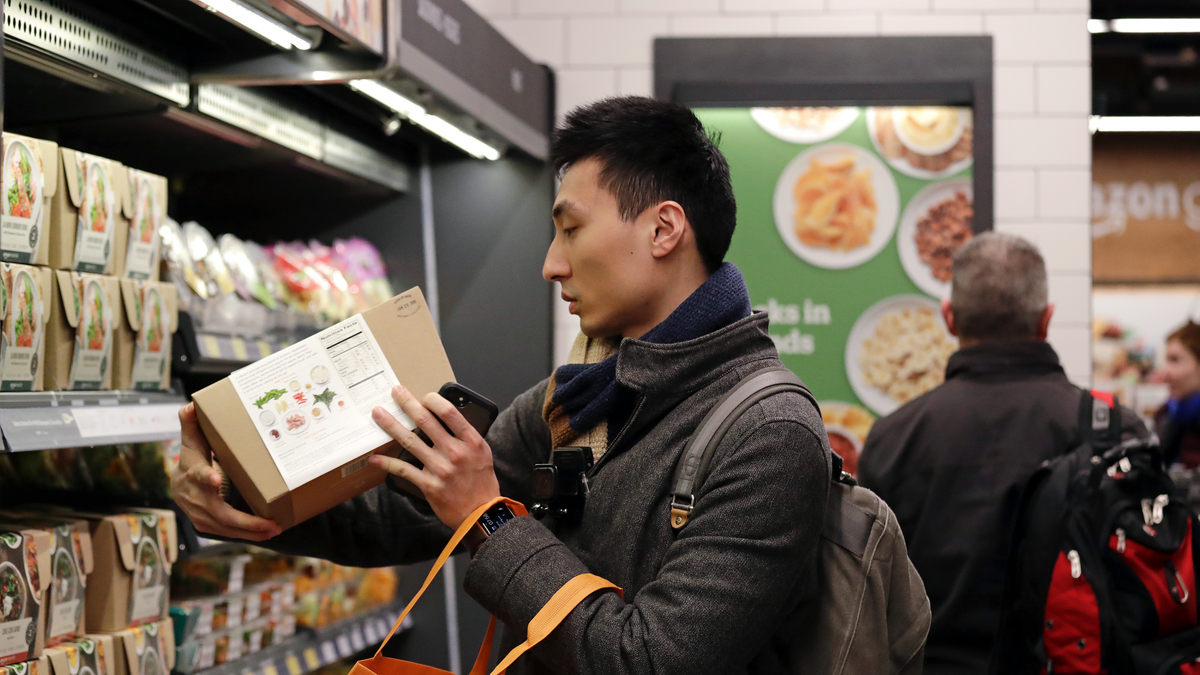
WASHINGTON – Consumer prices increased at a modest pace in February, underscoring that inflation pressures appear to be muted for now.
The consumer price index increased 0.2 percent last month, after a sharp 0.5 percent gain in January, the Labor Department said Tuesday. Core prices — which exclude the volatile food and energy categories — also climbed 0.2 percent. Overall consumer prices rose 2.2 percent in February from a year earlier, while core prices rose 1.8 percent from a year ago for the third straight month.
Inflation fears have intensified this year after a report last month suggested wages were rising more quickly, which can push up prices. Subsequent data have shown that hourly pay gains remain moderate. Sluggish pay increases have helped keep inflation dormant for most of the past decade.
The Federal Reserve wants to see inflation at roughly a 2 percent pace, as a hedge against deflation, which can bring down wages as well as prices. But the Fed's preferred inflation gauge has been almost entirely below that target for the past six years.
Clothing prices rose sharply for the second straight month in February, and rents, car insurance and airline fares also increased.
Inflation was held back by new car prices, which dropped last month and have fallen 1.5 percent in the past year. Used cars also were less expensive in February, and prescription drug prices fell 0.4 percent last month.
Next week, the Fed is widely expected to raise short-term interest rates for the sixth time since late 2015, when it started lifting rates from nearly zero. Fed policymakers have signaled they will hike rates three times this year.
Some investors and economists are forecasting the Fed may raise rates a fourth time if economic growth appears to be accelerating more quickly than Fed policymakers expected.
Last week's jobs report, which showed that employers added 313,000 jobs, the most in 1 1/2 years, led some analysts to project a fourth rate hike this year.
But other aspects of the report indicated that inflation may remain in check. Hourly pay rose a modest 2.6 percent in February from a year earlier, down from a 2.8 percent gain the previous month. January's increase was also revised lower from 2.9 percent. It was the 2.9 percent figure that sent the stock market tumbling in early February over inflation fears.
The unemployment rate also remained 4.1 percent for the fourth month as nearly a million people flooded into the job market and most of them found jobs. They previously were on the sidelines, neither working nor looking for work. More people in the job market enables employers to fill jobs without necessarily having to boost pay, reducing inflation pressures.

